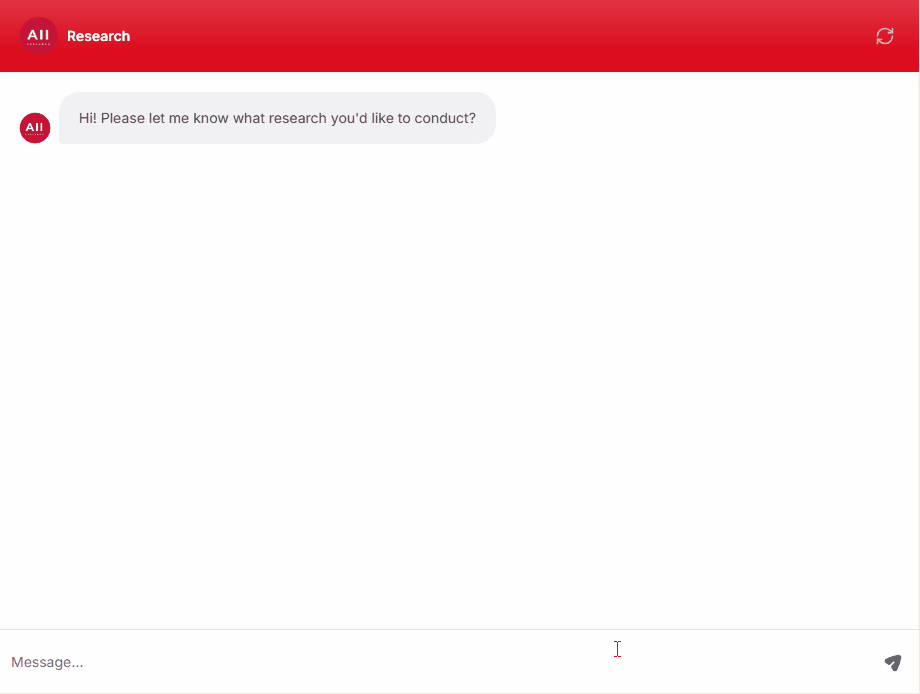Iterative Model
A model that is continuously refined through repeated cycles of analysis and adjustment.
Implications
A development approach that involves repeating cycles of design, testing, and refinement, often used in software development, product design, and process improvement to continuously improve and adapt solutions based on feedback and new insights.
Example
Example: A software company adopts an iterative model for developing a new app, releasing early versions to users, gathering feedback, and making improvements in subsequent iterations until the final product meets user needs and expectations.
Related Terms
Different from linear models, which follow a sequential, one-time process, iterative models emphasize continuous cycles of improvement, allowing for more flexibility and adaptation to changing requirements.

